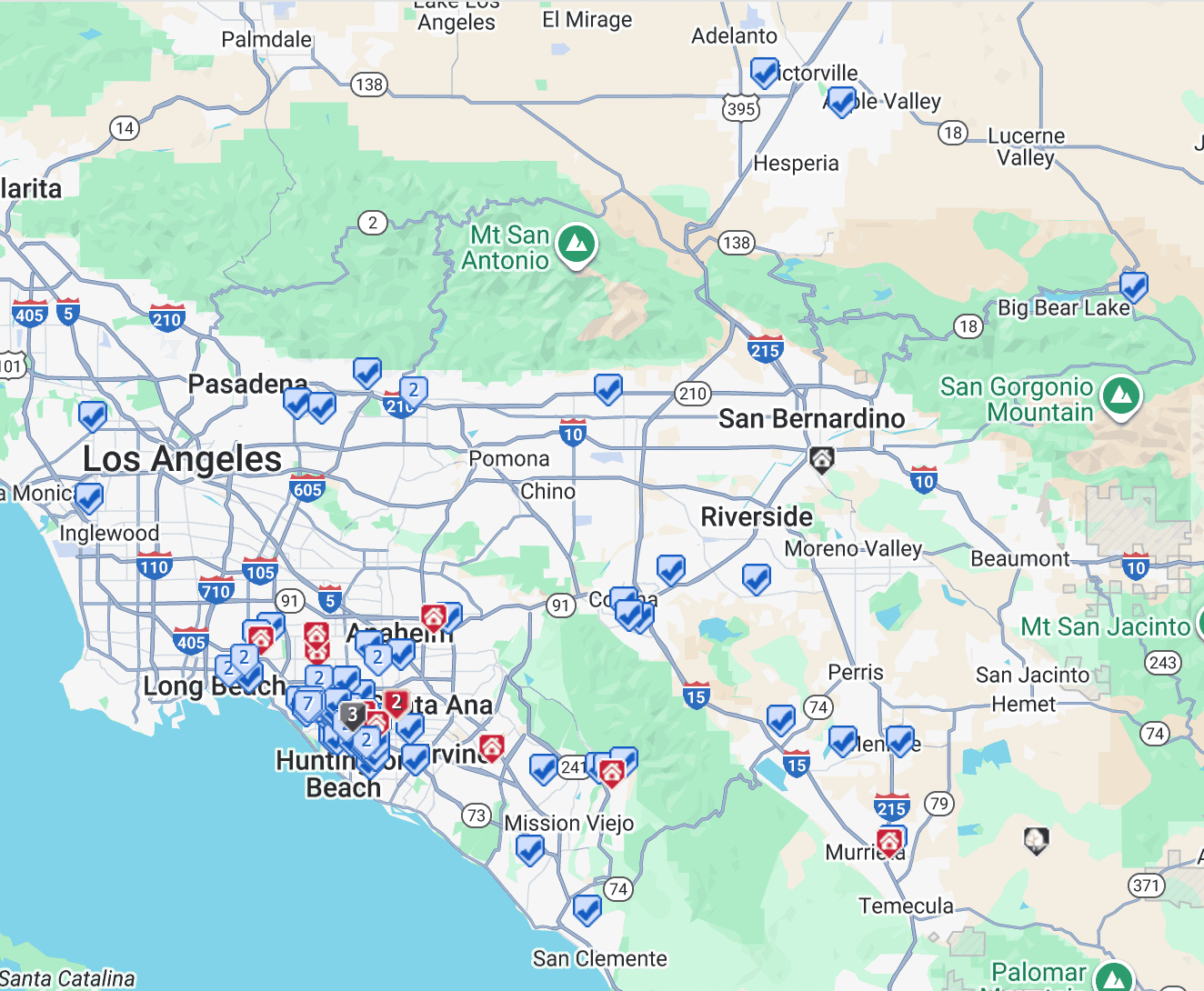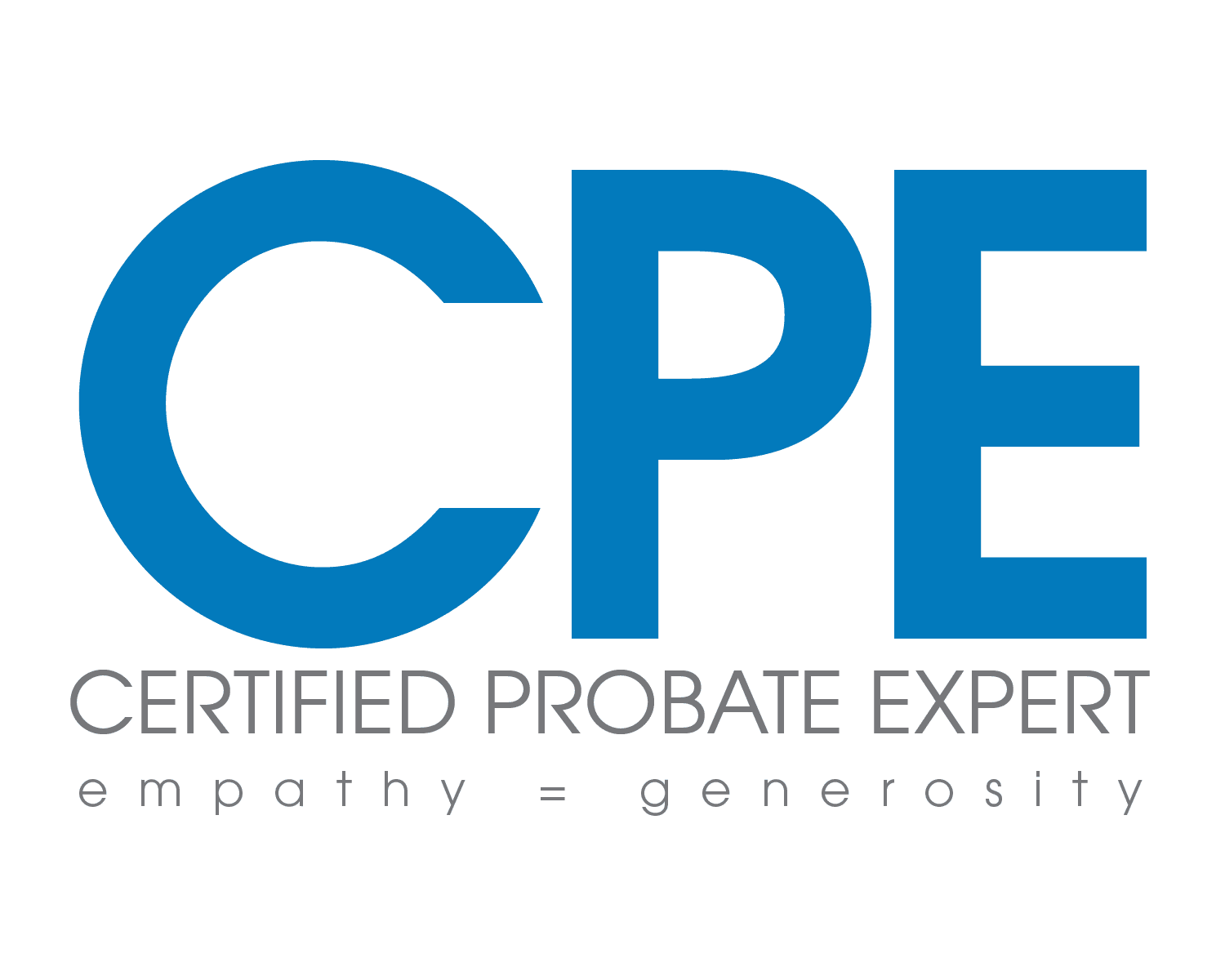
When selling a house through a probate sale in California, one of the key considerations is whether the sale requires court confirmation. This distinction significantly impacts the timeline, complexity, and process of the sale. Understanding the differences between court confirmation and no court confirmation required can help executors, administrators, and heirs navigate the probate process more effectively. Below, we explore both scenarios, their implications, and how to approach them.
What is a Probate Sale?
A probate sale occurs when a deceased person’s real property, such as a house, is sold as part of settling their estate through the probate process. In California, the probate court oversees the distribution of the deceased’s assets, and the sale of real estate may require court involvement depending on the authority granted to the estate’s executor or administrator. The primary distinction lies in whether the sale needs court confirmation or can proceed without it.
Court Confirmation Required
In a court-confirmed probate sale, the probate court must approve the sale of the property, adding oversight and procedural steps. This typically applies when the executor or administrator operates under limited authority under California’s Independent Administration of Estates Act (IAEA) or when the will or court explicitly requires confirmation.
Key Features of Court Confirmation
Court Oversight:
- The sale process involves filing a petition with the probate court, notifying interested parties (e.g., heirs, creditors), and scheduling a court hearing.
- A probate referee, appointed by the court, appraises the property to establish its fair market value.
- The sale price must generally be at least 90% of the appraised value.
Overbidding Process:
- At the court hearing, other buyers can submit higher bids, known as overbids. The minimum overbid must be at least 10% of the first $10,000 of the sale price plus 5% of the balance.
- This public bidding process can increase the sale price but may delay closing or discourage the original buyer.
Timeline:
- Court confirmation can extend the sale timeline by several weeks or months due to court scheduling, notice periods (typically 30 days), and the hearing process.
- Delays may occur if the court requires additional documentation or if disputes arise among heirs.
Costs:
- Additional costs include court filing fees, attorney fees, and probate referee fees, which can reduce the estate’s proceeds.
- The process may also incur holding costs (e.g., property taxes, maintenance) while awaiting court approval.
Advantages of Court Confirmation
- Transparency: Court oversight ensures the sale is fair and in the best interest of the estate and beneficiaries.
- Potential for Higher Offers: The overbidding process can attract competitive bids, maximizing the sale price.
- Legal Protection: Court approval reduces the risk of disputes or challenges from heirs or creditors.
Disadvantages of Court Confirmation
- Time-Consuming: The process is slower, which can frustrate buyers and delay estate settlement.
- Complexity: Additional legal requirements and hearings increase the administrative burden.
- Uncertainty: The original buyer may lose the property to an overbidder, complicating negotiations.
When is Court Confirmation Required?
- The executor or administrator has limited authority under the IAEA.
- The will specifies that real property sales require court approval.
- The court orders confirmation due to disputes, creditor claims, or other complexities in the estate.
No Court Confirmation Required
A probate sale without court confirmation is possible when the executor or administrator has full authority under the Independent Administration of Estates Act. Full authority allows the executor to sell the property without court approval, streamlining the process significantly.
Key Features of No Court Confirmation
Independence:
- The executor or administrator can negotiate and finalize the sale without filing petitions or attending court hearings.
- No probate referee appraisal is required, though a professional appraisal may still be used to determine market value.
Faster Timeline:
- The sale can proceed similarly to a standard real estate transaction, typically closing within 30–60 days, depending on the buyer’s financing and escrow process.
- No notice period or court scheduling is needed, reducing delays.
Simplified Process:
- The executor markets the property, accepts an offer, and completes the sale with minimal court involvement.
- Fewer legal filings and formalities lower the administrative burden.
Costs:
- The estate avoids court filing fees and probate referee costs, though attorney and real estate agent fees may still apply.
- Holding costs are minimized due to the faster timeline.
Advantages of No Court Confirmation
- Speed: The sale can close quickly, benefiting the estate and buyers.
- Simplicity: Fewer legal steps make the process less daunting for executors and heirs.
- Flexibility: The executor has more control over pricing, negotiations, and buyer selection.
Disadvantages of No Court Confirmation
- Less Oversight: Without court supervision, there’s a higher risk of disputes or claims of mismanagement from beneficiaries.
- Potential for Lower Offers: Without overbidding, the sale price may not be maximized.
- Executor Liability: The executor must ensure the sale complies with fiduciary duties, as errors could lead to legal challenges.
When is No Court Confirmation Allowed?
- The executor or administrator has been granted full authority under the IAEA, either through the will or court approval.
- The estate has no significant disputes or creditor issues that necessitate court oversight.
- The beneficiaries agree to the sale, reducing the need for formal court involvement.
How to Determine Which Applies
Whether a probate sale requires court confirmation depends on the authority granted to the executor or administrator. Here’s how to clarify:
- Review the Will or Court Documents: Check if the will specifies court confirmation or if the executor has full or limited authority under the IAEA.
- Consult a Probate Attorney: An experienced attorney can interpret the estate’s legal status and advise on the necessary steps.
- Petition for Full Authority: If the executor has limited authority, they can petition the court for full authority under the IAEA, which may eliminate the need for court confirmation. This requires notifying beneficiaries and addressing any objections.
Practical Considerations
- Work with Professionals: A probate attorney and a real estate agent with probate experience are invaluable in either scenario. They can ensure compliance, market the property effectively, and manage buyer expectations.
- Communicate with Beneficiaries: Transparency with heirs about the process, whether court-confirmed or not, helps prevent disputes and fosters trust.
- Understand Buyer Dynamics: In court-confirmed sales, buyers must be prepared for the overbidding process and potential delays. In non-confirmed sales, targeting cash buyers or investors can expedite closing, especially for as-is properties.
- Plan for Costs and Taxes: Both processes involve costs, but court confirmation typically incurs higher expenses. Consult a tax professional to understand capital gains tax or estate tax implications.
Conclusion
The choice between court confirmation and no court confirmation in a California probate sale hinges on the executor’s authority and the estate’s circumstances. Court-confirmed sales offer transparency and the potential for higher offers but are slower and more complex. Sales without court confirmation are faster and simpler but require careful fiduciary management to avoid disputes. By understanding these differences and working with experienced professionals, executors and heirs can navigate the probate sale process with confidence and achieve the best outcome for the estate.
If you need any help or guidance do not hesitate to reach out. Simply send us a message or book an appointment.








